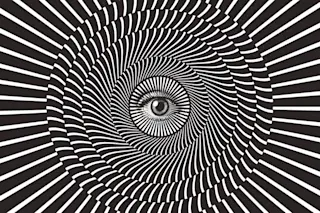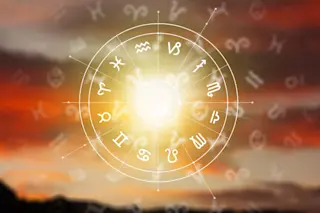A generous definition of rare I would think is 10% or less (you might argue for a more stringent threshold, but let's work with 10%). So what are the politics of atheists? I bring this up because someone named Bridget Gaudette is looking for conservative and libertarian atheists to ask them about their views (so naturally I came up), but prefaced her inquiry to me by the assertion that "conservative/Republican" and "Libertarian" individuals in the "Atheist community" are rare. I don't think this is empirically valid, depending on how you define the atheist community (e.g., atheist activists are probably to the Left of the median atheist). But even among the types who are motivated enough to attend secularist conferences, a substantial minority are non-liberals. I know because many people approached me after I spoke about my conservatism at the Moving Secularism Forward event last spring, and expressed their libertarianism, or ...
Atheist conservatives and libertarians are not rare
Explore the politics of atheists, revealing diverse ideological perspectives beyond common liberal leanings.
More on Discover
Stay Curious
SubscribeTo The Magazine
Save up to 40% off the cover price when you subscribe to Discover magazine.
Subscribe












